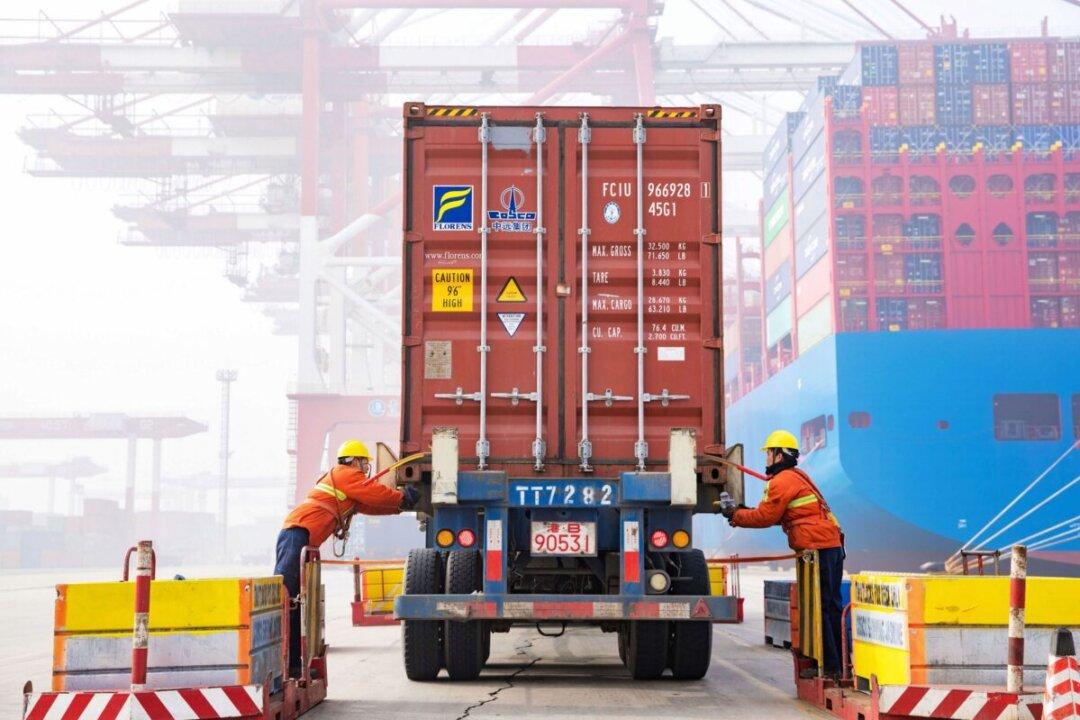China is struggling to prevent a tide of foreign investment outflow amid a flagging economy and a continuing trade war.
More than 50 international companies, among them Apple, Nintendo, Microsoft, and Dell, are in the process of leaving their manufacturing bases in China, according to research by Japanese financial newspaper Nikkei Asian Review.





